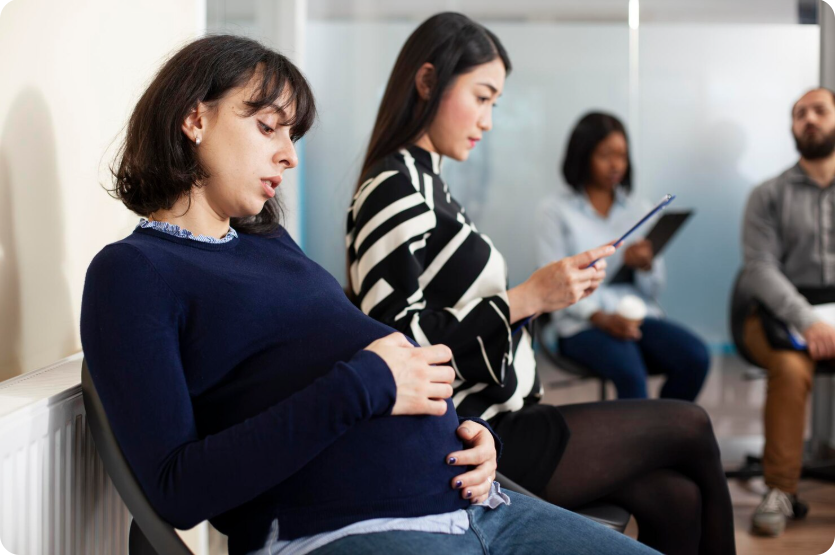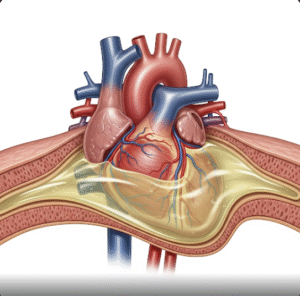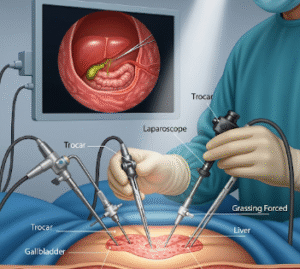Overview
Female infertility refers to the inability to conceive after 12 months of regular, unprotected intercourse. It can result from issues with ovulation, fallopian tubes, uterus, cervix, or hormonal imbalances. In Korea, infertility is a growing concern due to late marriages, lifestyle changes, and medical conditions. The country is renowned for its advanced reproductive medicine and fertility clinics, offering high success rates in assisted reproductive technologies (ART) such as IVF and ICSI.
What is Female Infertility?
Female infertility is a reproductive disorder where a woman is unable to achieve pregnancy despite trying for an extended period. It can be caused by problems with egg production, damage to reproductive organs, or hormonal disturbances.
Symptoms
- Inability to get pregnant after 12 months of unprotected sex
- Irregular or absent menstrual cycles
- Painful periods (dysmenorrhea)
- Pelvic pain or discomfort
- Hormonal symptoms (weight changes, hair growth, acne)
Causes
- Ovulatory disorders (e.g., PCOS, hormonal imbalance)
- Tubal damage or blockage from infections, endometriosis, or past surgeries
- Uterine abnormalities (fibroids, polyps, scarring)
- Cervical issues affecting sperm penetration
- Age-related decline in ovarian reserve
- Chronic conditions (thyroid disease, diabetes, autoimmune disorders)
Risk Factors
- Age (fertility declines after 35)
- Polycystic ovary syndrome (PCOS)
- Smoking, alcohol, obesity, or underweight
- Sexually transmitted infections (STIs)
- Endometriosis
- Stress and lifestyle factors
Complications
- Emotional stress, anxiety, and depression
- Marital or relationship strain
- Increased risk of ectopic pregnancy during fertility treatment
- Multiple pregnancies with assisted reproduction
Prevention
- Maintaining a healthy weight and diet
- Regular medical checkups for reproductive health
- Avoiding smoking, excessive alcohol, and drugs
- Early treatment of gynecological infections and STIs
- Timely family planning and fertility assessment
Treatment Options in Korea
Diagnosis
- Blood tests for hormone levels (FSH, LH, AMH, thyroid)
- Ultrasound for ovary and uterus evaluation
- Hysterosalpingography (HSG) to check fallopian tube patency
- Laparoscopy or hysteroscopy for detailed pelvic assessment
- Partner evaluation (sperm analysis)
Medical Treatments
- Ovulation induction medications (clomiphene citrate, letrozole, gonadotropins)
- Hormonal therapies for thyroid, PCOS, or other imbalances
- Antibiotics for infections
Surgical or Advanced Therapies
- Laparoscopic surgery for endometriosis, fibroids, or blocked tubes
- Intrauterine insemination (IUI)
- In vitro fertilization (IVF) and intracytoplasmic sperm injection (ICSI)
- Egg freezing (oocyte cryopreservation) for fertility preservation
- Use of donor eggs or embryos if necessary
Rehabilitation and Support
- Lifestyle counseling (diet, exercise, stress reduction)
- Psychological support and counseling for couples
- Support groups for infertility patients in Korea
- Nutritional supplementation for reproductive health













